We all know that kids are mean. Even though we were taught in school that physical attributes don’t matter, I still remember how much it hurt when someone called me ugly or fat. It made me hyper self-conscious that others believed that I was indeed ugly and fat. And the more I believed them, the less I liked myself.
I felt less than because of this. I didn’t know it at the time, but I was using my “inability” to live up to rigid beauty standards as a measure for self-worth.
As I developed into a feminist, I learned about the patriarchy’s sexual objectification of women’s bodies. Although I was nowhere close to reaching womanhood at the tender age of 14, I’d already experienced being sexualized by others regardless of their sex — and I hated it. I began to realize that women’s bodies are not inherently sexual. But, this patriarchal society has taught us to sexualize the body and treat it as a site for men’s sexual pleasure, thus pinning women’s worth on their subjective sexiness.
At this time, my self esteem was still pretty low. Even though I knew my worth was beyond what others thought, something was still missing. Frankly, I still didn’t like myself.
Over the years I’ve learned a lot more about myself such as what I like to do, and what I’m good at. But as I’ve dug deeper into the concepts of self-love and self-acceptance, I’ve seen that so much of what I’ve tried to attach my worth to is just a separate form of objectification. And I don’t think I’m alone in that.
I’ve realized that as long as I attach my worth to the perception of my actions, I will never achieve self-acceptance. Self-objectification is defined as the treatment of oneself as an object first, and a person second. And when I think about the little girl I used to be, the little girl who hated herself because she felt her appearance didn’t live up to a certain standard, I realize that little girl was basing her worth on her ability to fulfill her role as an object.
When we’re asked to describe ourselves, we usually choose terms that illustrate the functions we perform, rather than who we are. I say things like, “I am a student, a writer, a model, an artist.”
But this language sets a dangerous precedent, especially in today’s world.
When I define myself as a career path, hobby or circumstance, my worth is measured by my success in these things. I am no longer a person, but a function. And whether I regard myself in a positive or negative way, I’m nevertheless, single-handedly perpetuating the objectification of myself.
And that is no way to treat myself.
During this period of social distancing, I’ve found this to be one of my largest struggles. Without the distractions of keeping my fitness, social and academic schedules to par, I’ve found that I’ve honestly felt worse in general. It is hard to love yourself when you attach your worth to how productive you are — especially when we simply are not in the position to continue fulfilling the societal roles we’ve given ourselves.
It’s even harder when social media is flooded with endless tailored messages about staying productive during quarantine. The many pressures of our day-to-day life haven’t really stopped, even if we are no longer physically at work or school.
So I’ve decided to challenge myself during this time to no longer define myself. It’s no good to love or hate yourself for what you look like or what you do. Social distancing has not only altered my ability to fulfill my academic and career oriented responsibilities, but it’s also shifted my focus and peace of mind.
And that is okay.
I realized that putting pressure on myself to feel and act productive during a time when the world is coming to a standstill in so many ways is yet another way to falsely measure my worth. Rather than putting pressure on myself to fulfill a routine, or force myself to “take advantage” of my time, I want to focus on existing.
Every day I remind myself that humans are just that: humans. Our identities as contributing members of a nonstop capitalist society must come second to our personal identities. To free myself from the chains of any objectification is the greatest gift I could ever present to myself, and the most productive goal I could have.



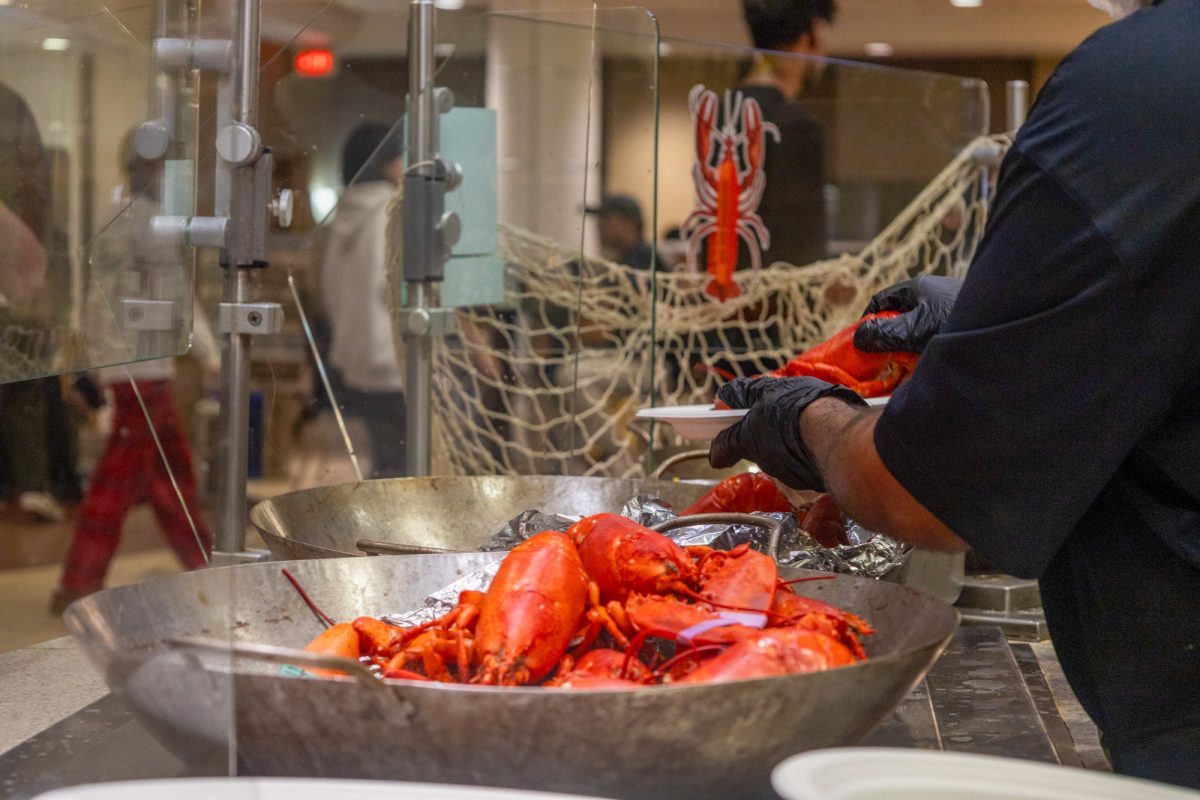



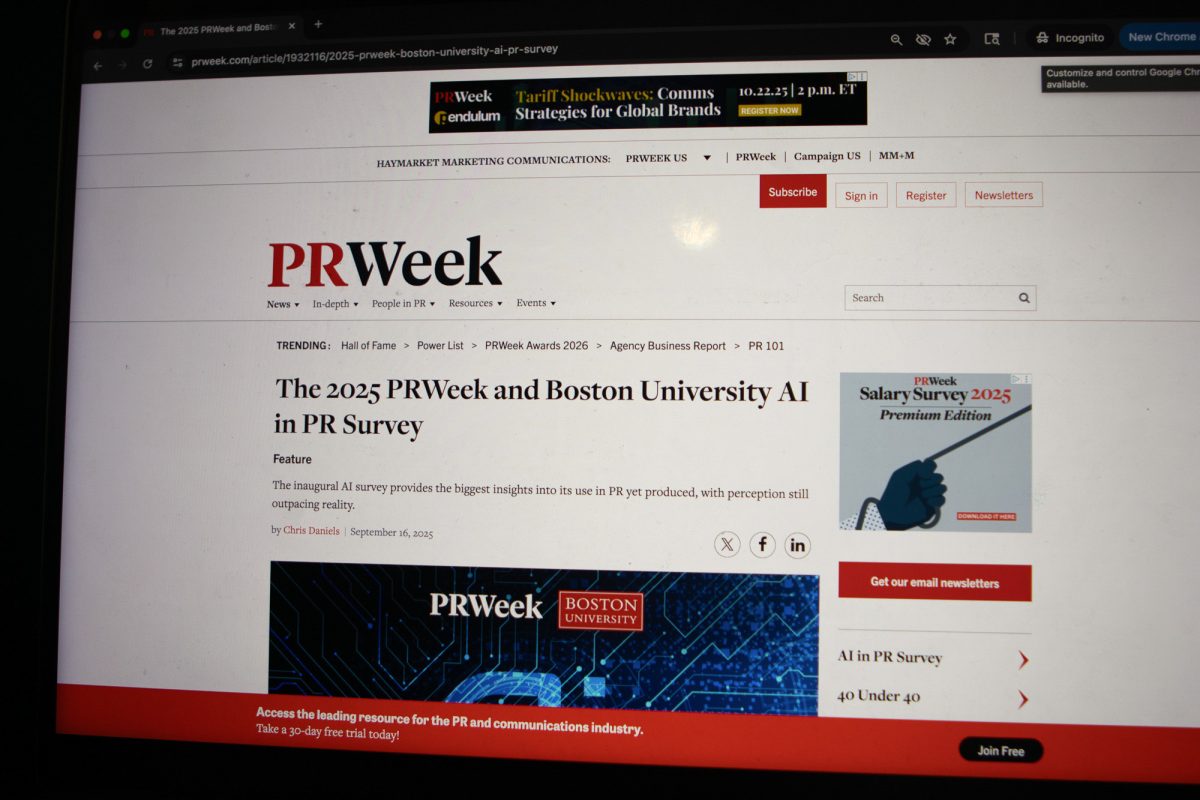

















































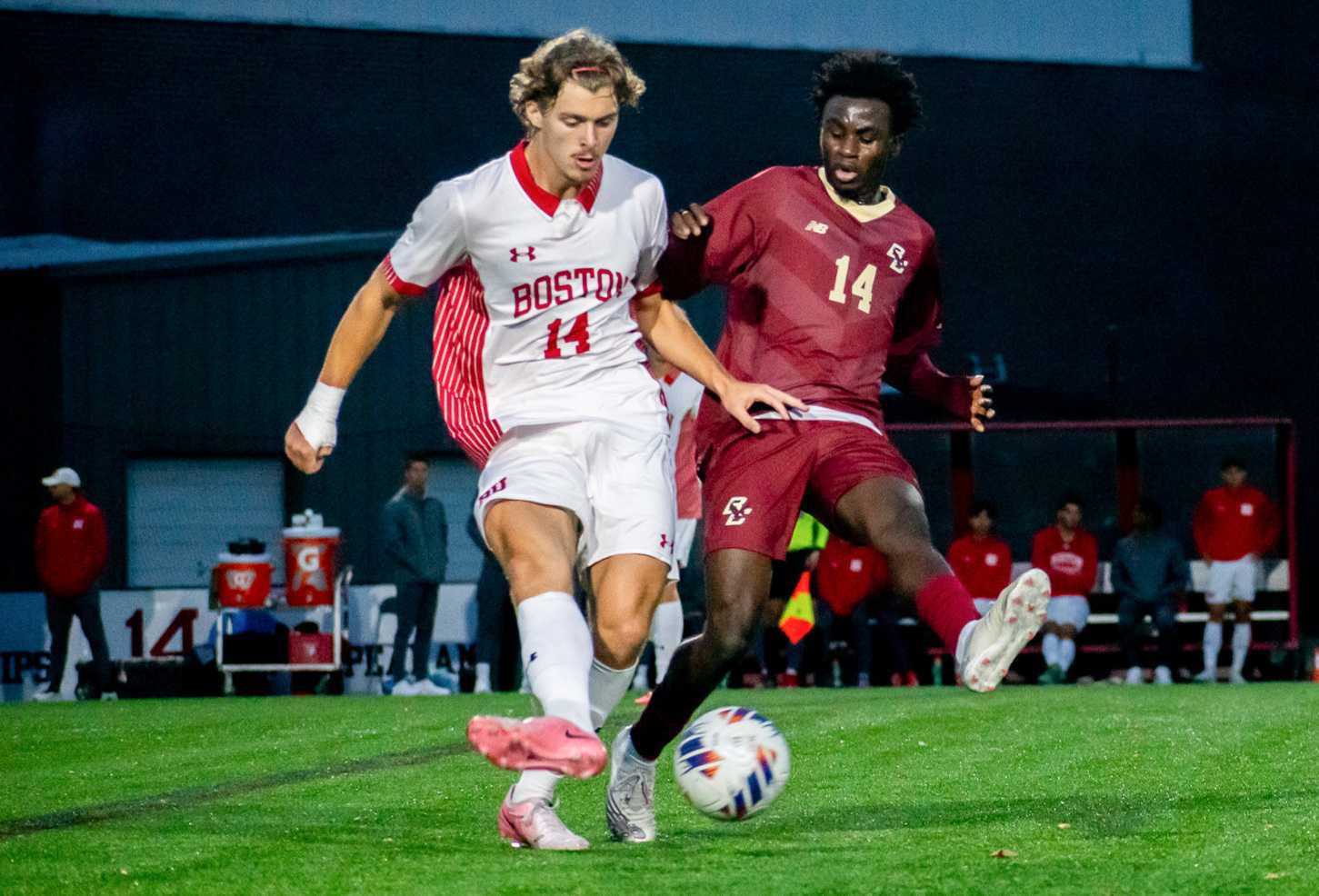































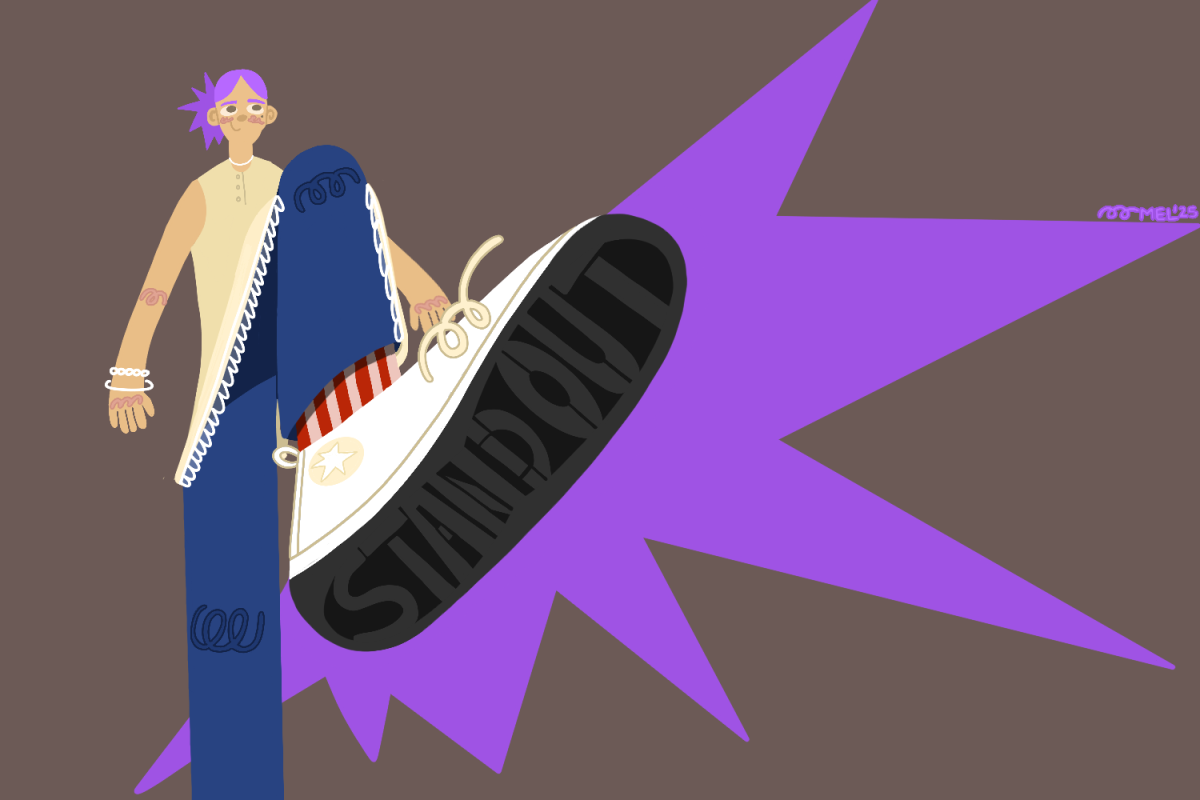
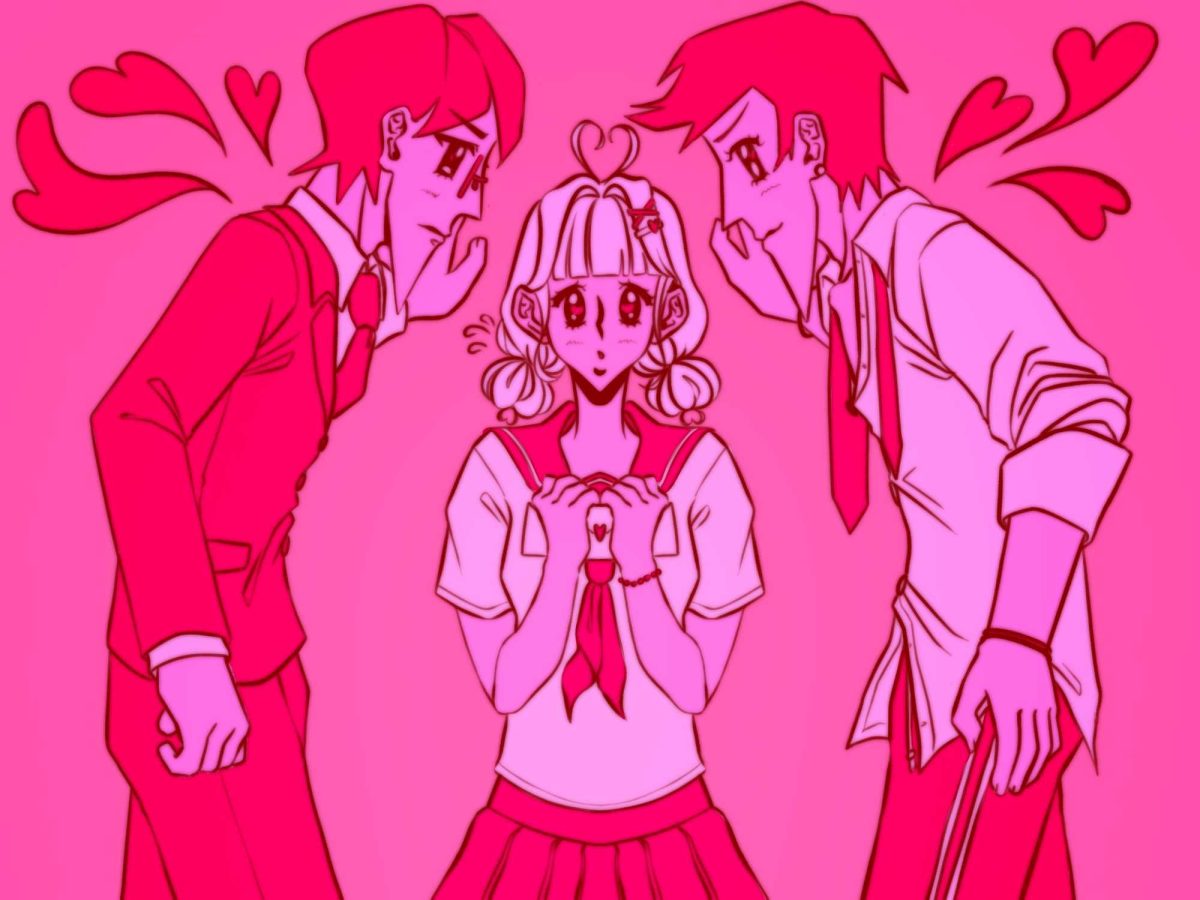
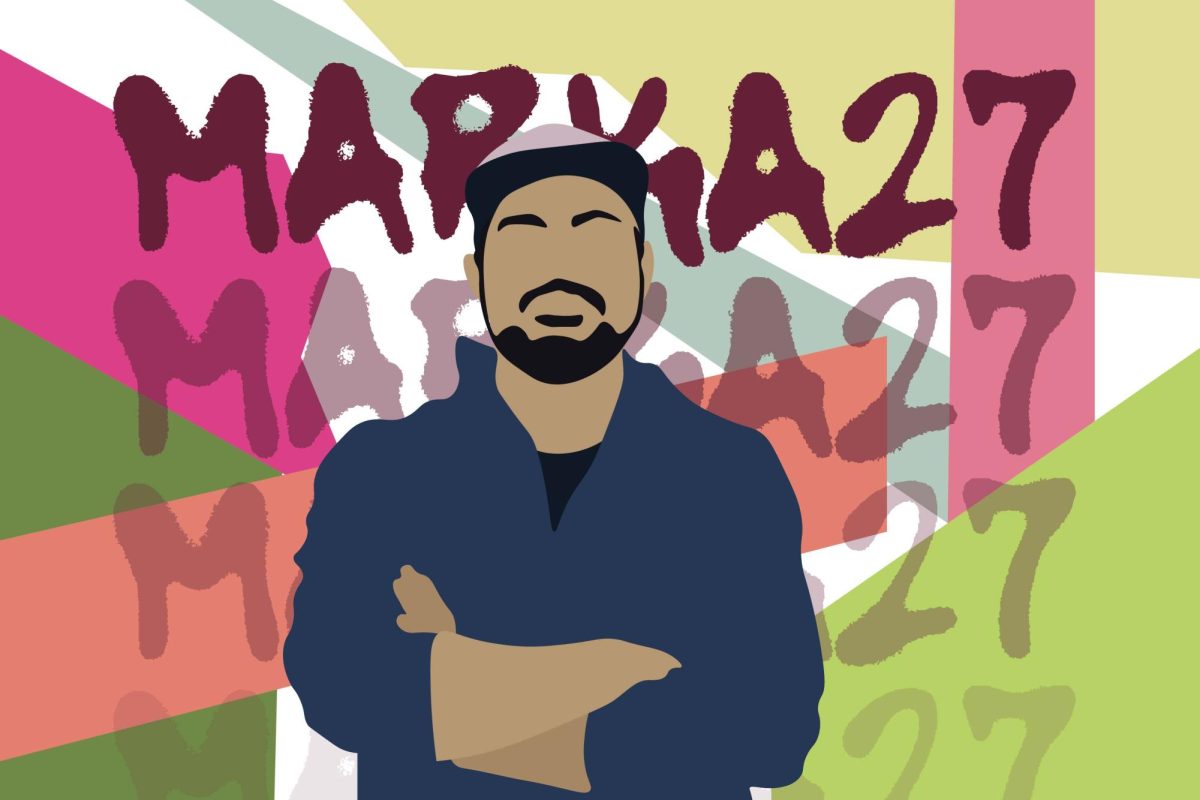
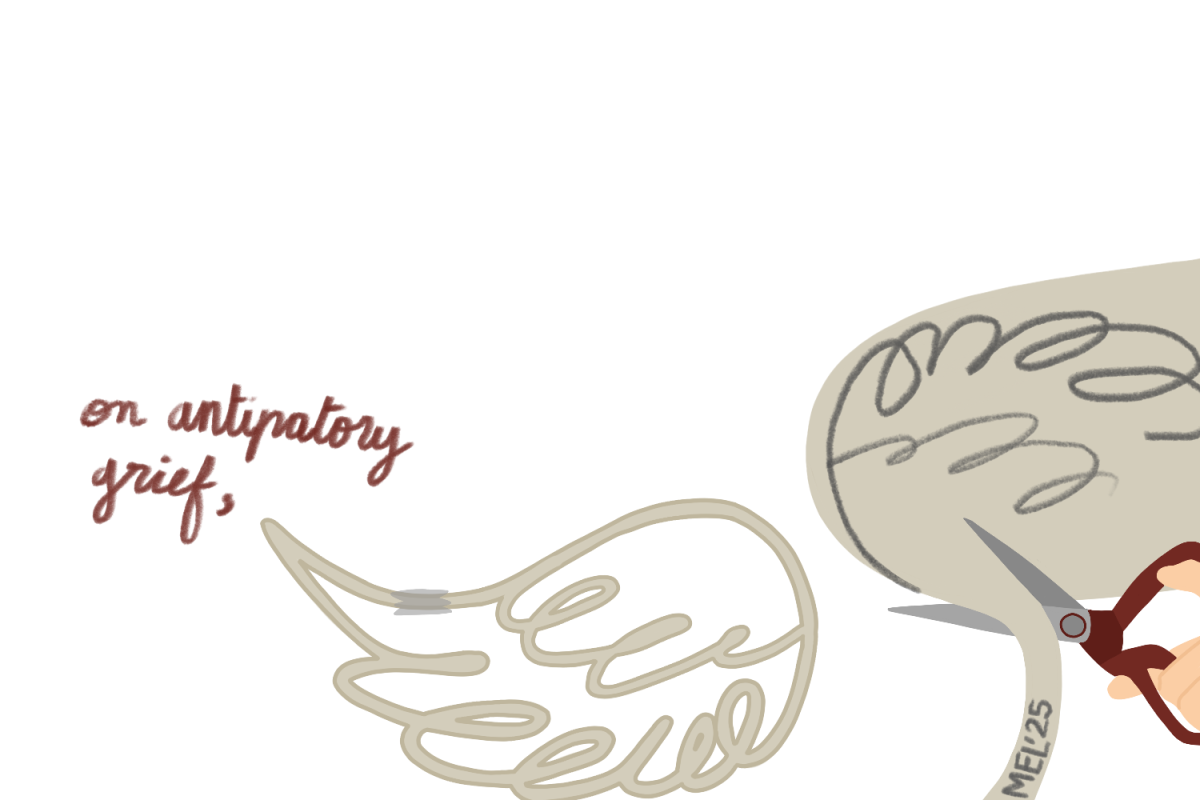






























Nabila O • Apr 9, 2020 at 3:01 pm
This is so beautiful and well-articulated. This speaks to us all, and your honestly is so appreciated.
Liv • Apr 9, 2020 at 11:22 am
Your article is so eloquent, insightful, and powerful. My favorite lines are the ones where you speak of people becoming a function when they define themselves by their actions/job, and the last part was super powerful about identifying as members of capitalism should come AFTER our personal identity. I hope to read more of your work!
Jovana • Apr 9, 2020 at 2:21 am
So powerful! very proud of you
BB • Apr 8, 2020 at 10:06 pm
What a well written piece! Educational, inspiring and TRUE.
Humans are just that… HUMANS.
Cheers to this journey of real self-love and self- acceptance.
Mary Mehala • Apr 5, 2020 at 10:53 pm
I don’t know anyone who fully likes themself. But I do think as one matures, and lets go the desire to please other people, one learns to accept, to live and to love themself; they learn how to live authentically with themselves and others.
Mary Mehala • Apr 5, 2020 at 10:45 pm
I think your spot on about how we define ourselves by our function 1st. Great insight!